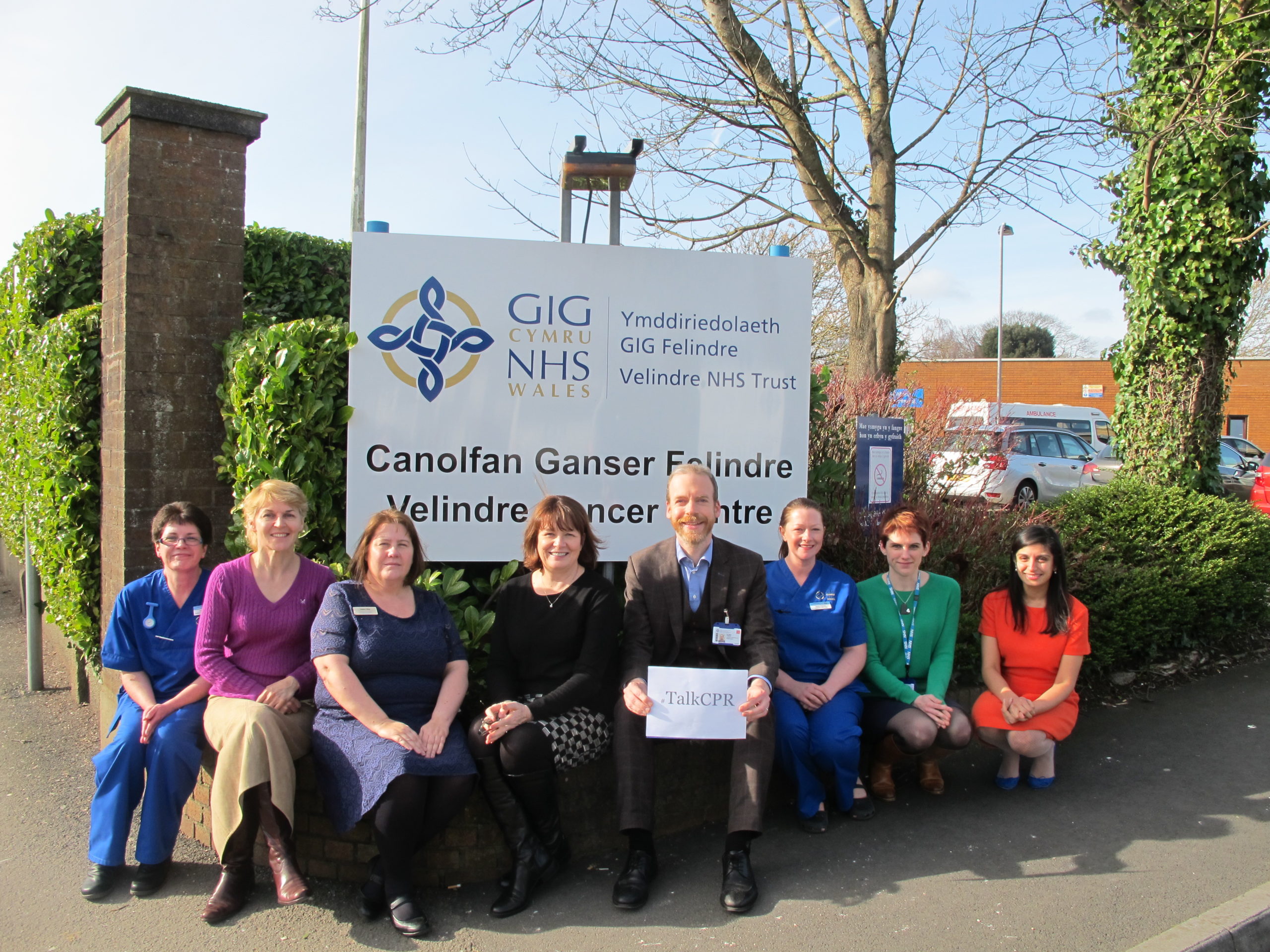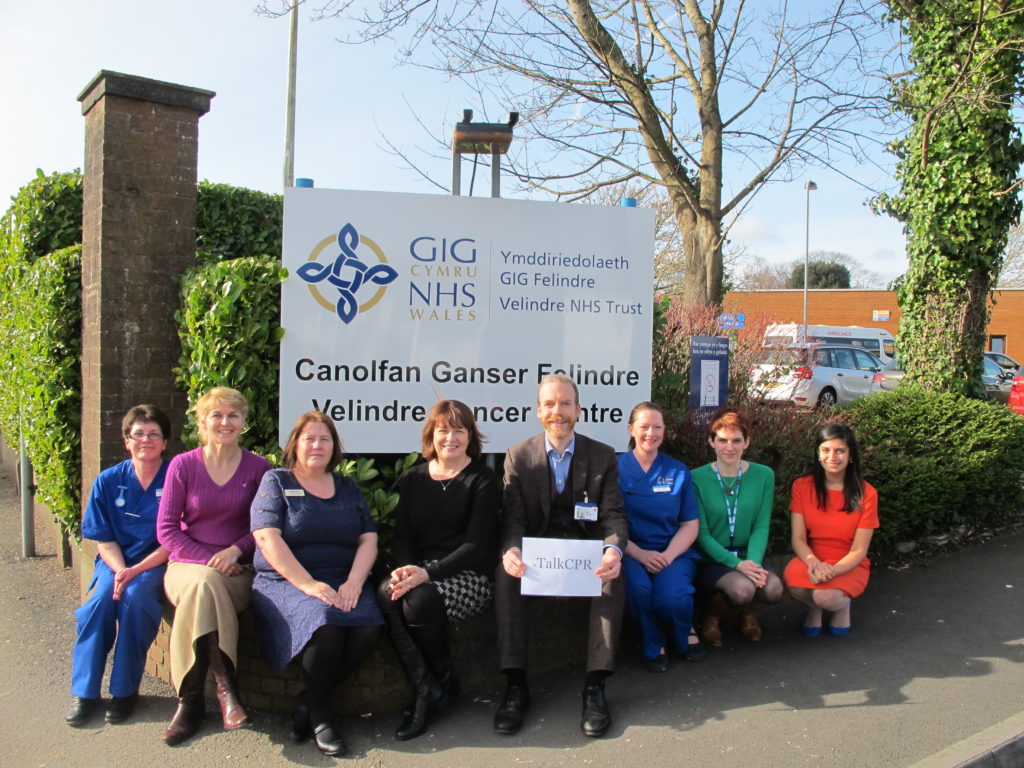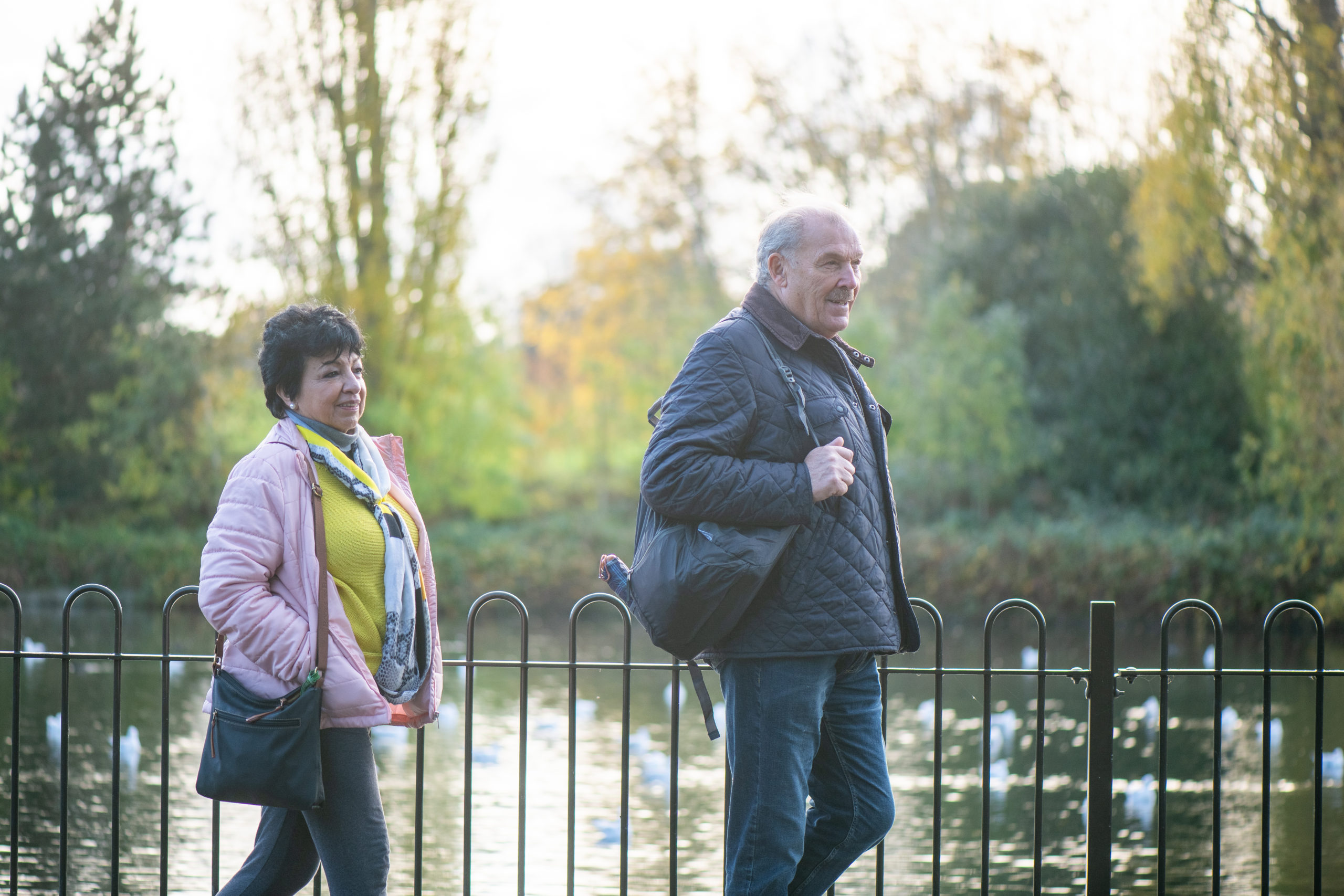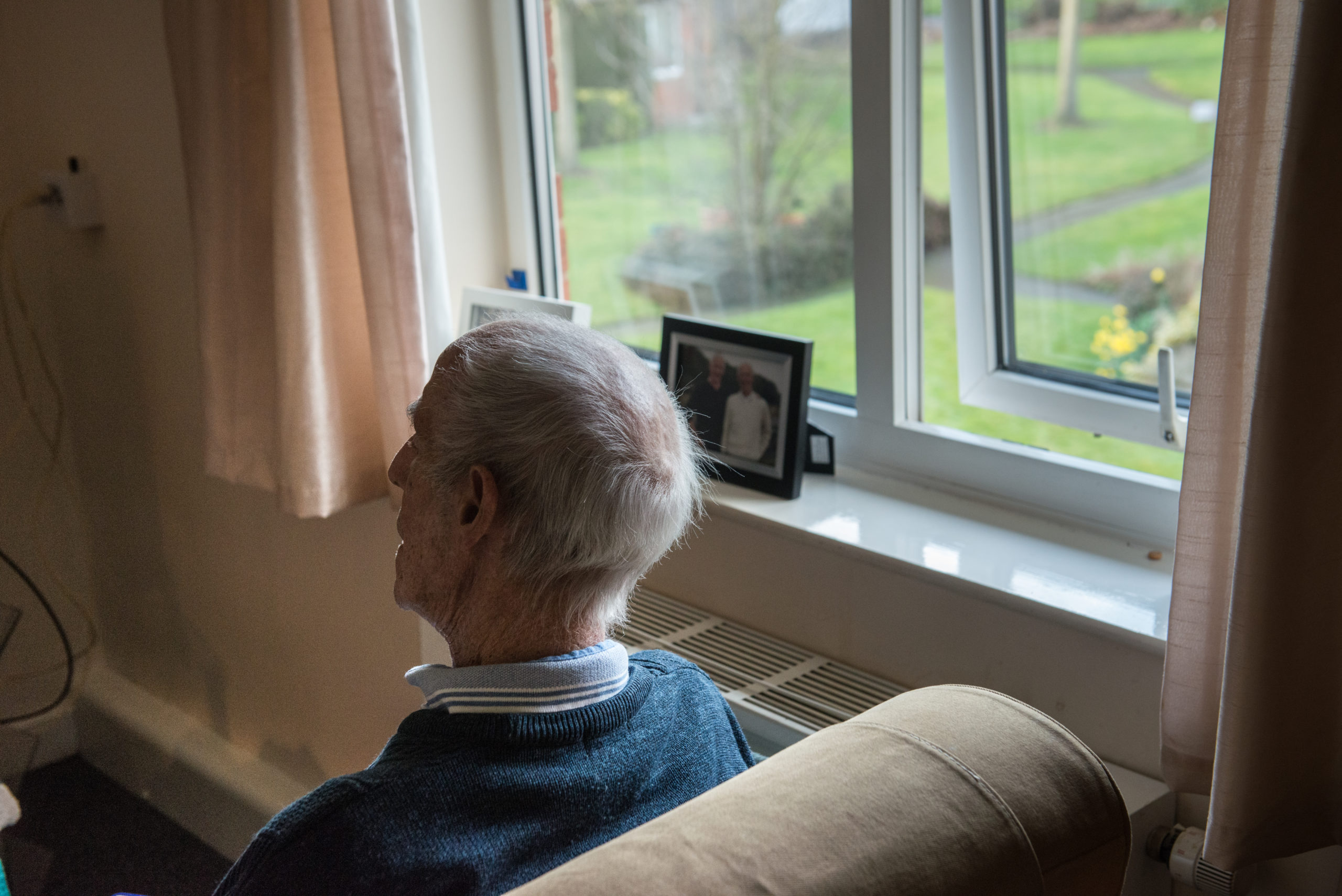
The #TalkCPR project – It’s about far more than DNACPR discussions
A few years ago, we embarked on a quality improvement project called ‘TalkCPR’.
Talk CPR’s goal is to encourage conversation about CardioPulmonary Resuscitation (CPR) for people affected by life-limiting and palliative illnesses. Talking about Do Not Attempt Cardio Pulmonary Resuscitation (DNACPR) is an important part of advance care planning and can help minimise distress at a later stage.
TalkCPR was created by Professor Mark Taubert and his palliative care team, plus a team involving patients, carers and many other healthcare professionals from all over Wales. This was as a direct consequence of observing that doctors and nurses often struggled to talk about CPR and discuss DNACPR. Sometimes this led to both the patient, carers and in fact the healthcare professional, too, being distressed about the way conversations had gone. Healthcare organisations like NHS Wales, the Bevan Commission and the charity Byw Nawr (Dying Matters in Wales) were supportive of this notion, and soon realised that something new had to be attempted.
There can never really be a strict policy/ methodology or one-rule-fits all approach for professionals to follow when speaking about CPR and DNACPR with palliative care patients and their loved-ones. Each person is unique, and holds their own views, life-experiences, priorities, challenges and sensitivities. We wanted to turn the table round quite drastically, and create videos for patients and their carers to watch and then take to their own healthcare provider and ask: ”Can we talk CPR, please?” More recently, the team have participated in a campaign suggesting an even broader focus, outlined in the “What Matters Most Charter” and conversation guide. This has happened in close collaboration with Compassionate Cymru, as part of the compassionate communities campaign. Here, CPR does not become the lone “Elephant in the room”, but rather a much broader conversation about wishes, preferences or fears is suggested.
Factors that influence the style and tone of a conversation include the person’s health, beliefs and the wishes of those close to them. Sadly, CPR is often portrayed in the fictional media as a heroic procedure that works well and leaves no lasting impact, but the reality is that in palliative care patients it typically works less than 2% of the time, and the other 98% either die whilst receiving it, or soon after, with no ability to regain meaningful consciousness. It is also worth bearing in mind that in natural dying, the heart rhythms (agonal rhythms) are not responsive to electric shocks at all, and so giving chest compressions to await a defibrillator would be futile. Sometimes, these preconceptions make discussing and addressing CPR and DNACPR in people will serious, incurable illness very challenging.
A DNACPR form does not mean that you are also opting out of chemotherapy, radiotherapy, antibiotics, urgent blood transfusions or research trial medications; no, it means people are opting out of a treatment that is at the extreme end of resuscitative medicine, and that has virtually no chance of success. Talk CPR was developed to train and help install confidence in professionals when speaking about CPR and DNACPR. Patients told us: “How can we express our views on something when we don’t know the in’s and out’s of the treatment in question? If you give us the information, we’ll let you know our views on having a DNACPR form added to our care”As hard as it can be to broach, we think talking CPR and talking DNACPR can become part of a normal discourse between healthcare professionals and their patients.
TalkCPR has received nearly a million hits since launch and the resource is used by a number of hospitals and hospices. The videos can also be found on Youtube, Vimeo and on NHS Wales intranet. TalkCPR is now included on the NICE website as a Shared Learning resource and has won several national awards, including the Royal College of Physicians Excellence in Patient Care Awards which has a patient/carer judging panel. Furthermore it is listed by the GMC, and the Royal College of Physicians in their 2019 “Talking about Dying” report.

Talk CPR in your place of work
We encourage hospitals and hospices across the UK to talk (about) CPR and DNACPR with the professionals working there. They may find our video resources of value and help encourage a caring dialogue and further questions. We hope it will inspire others to come up with similar videos, to add to the TalkCPR Youtube resources and the TalkCPR website.
Broadening conversations beyond CPR to other preferences and refusals remains a key priority. TalkCPR should incorporate TalkACP (Advance Care Planning) and resources such as www.advancecareplan.org.uk and www.wales.nhs.uk/afcp remain highly accessed in Wales, by patients, carers and healthcare professionals alike.


